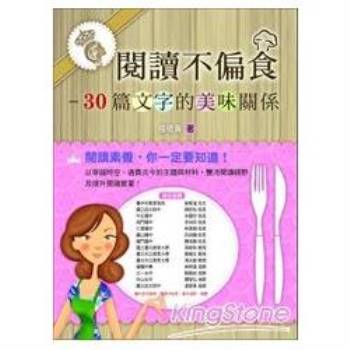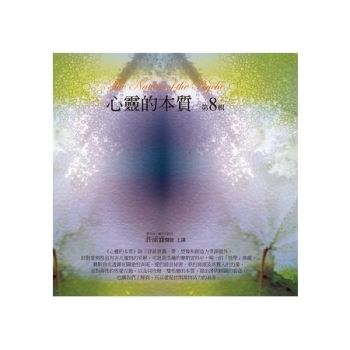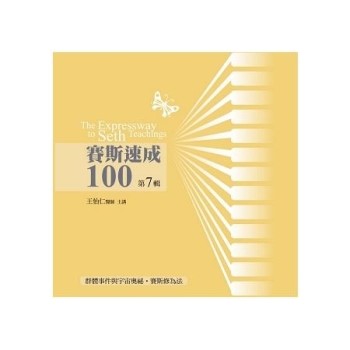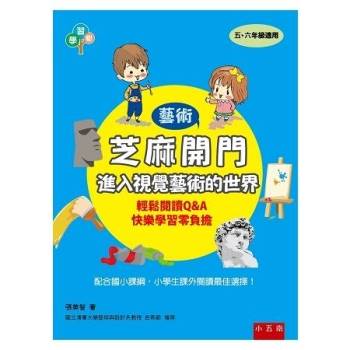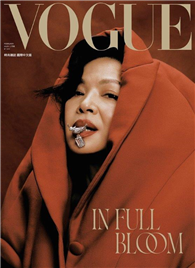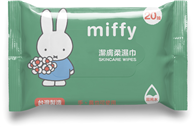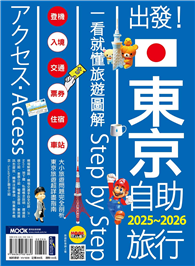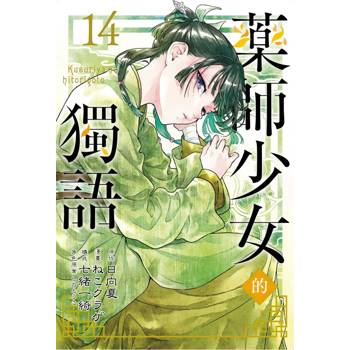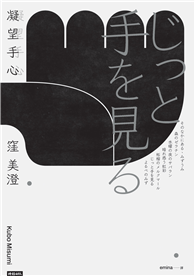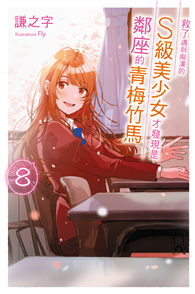This book offers a key analysis of the changing perceptions of family in East Asian societies and the dynamic metamorphosis of "traditional" family units through the twentieth century and into the new millennium. The book focuses on investigations of the Asian family as it is represented in literature, film, and other visual media emerging from within China, Japan, South Korea, and Taiwan, and on contestations of the power hegemonies and moral codes that underpin such representations, while also assessing Western and global influences on the Asian family. Individually and collectively, these essays examine traditions and transformations in the evolving conception of family itself and bring together a range of scholars from within and beyond the region to reflect upon the social and cultural mores represented in these texts, the issues that concern Asian families, and projections for future families in their own societies and in a globalized world. Through the written text and the lens of the camera, what directions has the understanding of family in an Asian context taken in the twenty-first century? How have the multiple platforms of media represented, encouraged, or resisted transitions during this time? Amid broader and mutating referential frameworks and cross-cultural influences, is the traditional concept of the "nuclear family" still relevant in the twenty-first century? This book lends further prominence to the diverse literary and cinematic production within East Asia and the eclectic range of media used to represent these ideas. It will be essential reading for scholars of literature, film studies, and Asian studies, and for those with an interest in the cultural and sociological implications of the changing definitions and parameters of the family unit.

